SpacesX – founded by PayPal and Tesla tycoon Elon Musk – saw its Falcon 9 rocket went up in an epic fireball, just like one of those you watched in a James Bond movie. Ironically, Musk (the wizard who inspired the Iron Man movie) tweeted on Wednesday about improvements on Tesla Motors’ Autopilot System. The next day (Thursday), his SpaceX rocket blew up on the launchpad.
Surprisingly, Elon Musk, the chief executive of both Tesla and SpaceX, wasn’t as upset as another young billionaire – Mark Zuckerberg – after the perhaps once-in-a-lifetime rocket explosion. But why was the Facebook founder so furious? Although no one was hurt, the fireball took with it not only the rocket but also its cargo or payload.
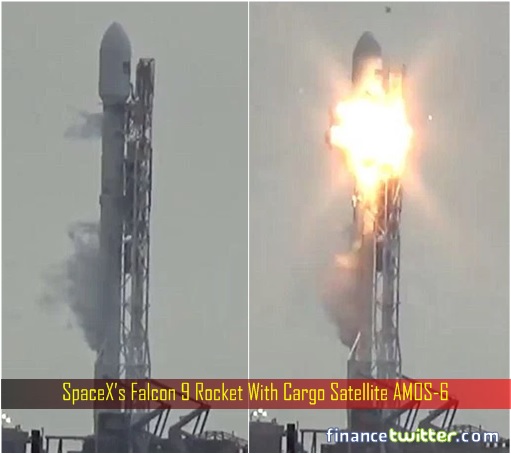
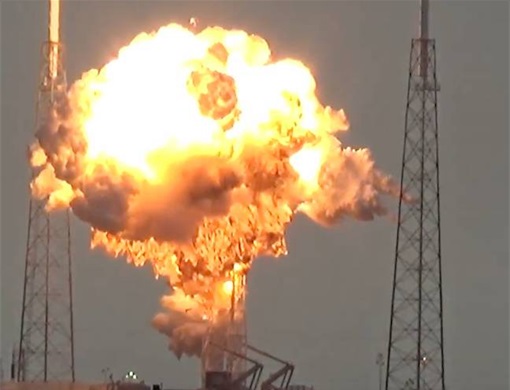
Turns out, the payload which vaporized into thin air on the launch pad at Cape Canaveral was an Israeli satellite worth a whopping US$200 million. Apparently, SpaceX had been scheduled to launch on Saturday to deliver Facebook’s first satellite into orbit. Facebook was counting on it to beam internet service to sub-Saharan Africa as part of its ambitious Internet.org project.
CEO Mark Zuckerberg was in Kenya when he heard the news, having scheduled an Africa trip this week to coincide with the satellite’s launch. After the explosion, he says – “As I’m here in Africa, I’m deeply disappointed to hear that SpaceX’s launch failure destroyed our satellite that would have provided connectivity to so many entrepreneurs and everyone else across the continent.”
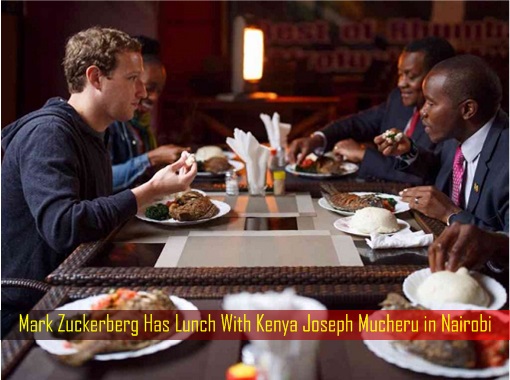
Clearly, Zuckerberg was freaking furious so much so that one can read he practically blames SpaceX for the destruction of his satellite – called AMOS-6. Musk was quick to deny that his unmanned rocket was to blame, as he made it clear that the cause of the accident was “unknown”. Spacecom, the Israeli company that owned the satellite, declared it a “total loss” and the company’s stock fell 9%.
Eutelsat, the French-based satellite operator that had partnered with Facebook on the AMOS-6 lease, said it expected to lose out on upward of 45 million Euros in revenue over the next 3 years. After the accident, shares in Elon Musk’s electric car maker Tesla dropped 5.3% and his SolarCity venture was also down 9.1%.
Loss of Falcon vehicle today during propellant fill operation. Originated around upper stage oxygen tank. Cause still unknown. More soon.
— Elon Musk (@elonmusk) September 1, 2016
Nasa clarified that space exploration and technologies firm SpaceX was conducting a test firing of its unmanned rocket when the blast occurred on Thursday morning. SpaceX later confirmed that in preparation for Thursday’s static fire, there was an anomaly on the pad resulting in the loss of the vehicle and its payload.
Previously, the 23-story-tall Falcon 9 rocket had blasted off from Florida in April to send a cargo ship to the International Space Station before turning around and landed itself back at the launch site. In June Falcon 9’s Dragon capsule filled with nearly 2,268 kg of food, supplies and equipment, including a British developed miniature DNA sequencer, the first to fly in space.
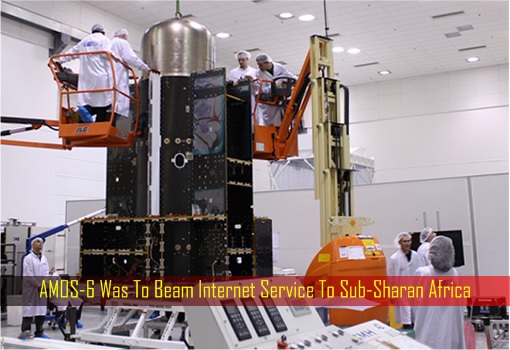
But in the latest catastrophic explosion, Zuckerberg didn’t lose only the opportunity to beam internet service to Africa but also potentially the total cost of the satellite (which he partnered with Eutelsat). Because the explosion happened during the fueling process, prior to intentional ignition (or actual launching), the losses might not be covered within the launch insurance policy.
In a joint Facebook-Eutelsat lease costing $95 million over 5 years, Spacecom was required to purchase an insurance policy specifically covering Facebook and Eutelsat’s risks, in addition to its own insurance. Additionally, Eutelsat and Facebook would each be taking out a third policy on their own to further reduce their risk exposure.
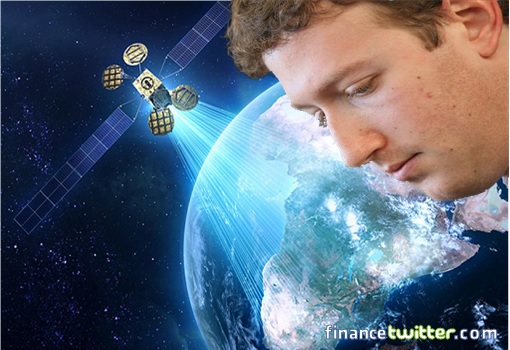
SpaceX charges at least US$62 million for each launch. Saturday’s planned liftoff would have been the ninth by SpaceX in 2016, with eight more planned by the end of the year. The explosion – the second Falcon 9 failure in 14 months for SpaceX – could also be a setback to Musk’s efforts to prove that his company can quickly and safely launch and reuse rockets.
Other Articles That May Interest You …
- WhatsApp To Sell Your Phone No To Evil Zuckerberg – Here’s How To Stop It
- Incredible Photos Show 100-Year-Old Putin Is “Immortal”, A Time Traveler
- 10 Crazy Facts How The World Has Changed Since The Fed Last Raised Interest Rates
- Awesome Backyard Inventions From China That ROCK!!!
- Are You Ready To Power Your Home With (Tesla) Battery?
- Revealed – Why Facebook Mark Zuckerberg Wears The Same Shirt Every Day
- How Much Would Iron Man 3 Cost in Real Life?

|
|
September 2nd, 2016 by financetwitter
|


|

|

|

|

|

|




























Comments
Add your comment now.
Leave a Reply